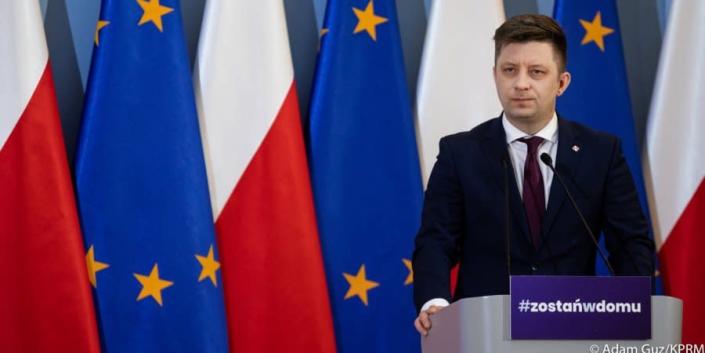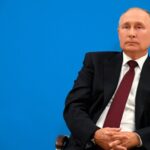
“We don’t allow the admission of Russian citizens who have so far supported the regime of Vladimir Putin, and when the prospect of being at the front appeared, became big democrats and planned to leave Russia,” Dvorczyk said.
He said Poland would not close its borders to people who were repressed for their political beliefs or who were fighting for human rights in Russia.
Meanwhile, the authorities of Kazakhstan announced on Sept. 27 that they would send back to Russia people evading mobilization if they were on the wanted list.
Read also: Russia to deploy mobilization point on the Russian-Georgian border
Kremlin dictator Vladimir Putin announced a partial mobilization in the Russian Federation on Spet. 21. Later, Russian Defense Minister Sergei Shoigu announced that 300,000 reservists would be called up during a “partial” mobilization. He estimated Russia’s mobilization resource at almost 25 million people.
Russia earlier announced that so-called “referendums” would be held across the occupied parts of Ukraine’s Luhansk, Donetsk, Zaporizhzhya, and Kherson oblasts on Sept. 23-27, in an attempt to legitimize its seizure of more parts of Ukraine. Russia exerts control only over parts of these regions, while the provincial capital of Zaporizhzhya Oblast remains in Ukrainian hands.
Read also: Mobilization protestors again clash with police in Dagestan
The statements were made shortly after a rapid counter-offensive by the defenders of Ukraine: on Sept. 14, the Ministry of Defense reported that since Sept. 6 (in the space of one week), the Armed Forces of Ukraine had liberated 388 settlements and about 8,500 square kilometers of territory in Kharkiv Oblast alone.
Andriy Yermak, the chief-of-staff of the President’s Office of Ukraine, said Russia’s blackmail regarding the holding of referendums in the temporarily occupied territories was due to its fear of defeat. Ukrainian Foreign Minister Dmytro Kuleba emphasized that sham referendums that Russia is trying to organize in the occupied territories were irrelevant to the situation.
Meanwhile, the Russian State Duma – the Kremlin’s rubber-stamp parliament – on Sept. 20 rushed through votes introducing the concepts of “mobilization,” “martial law,” and “armed conflict” into Russia’s Criminal Code. Now in Russia, desertion, absence from service, and voluntary surrender will be punished more severely.
Read the original article on The New Voice of Ukraine




